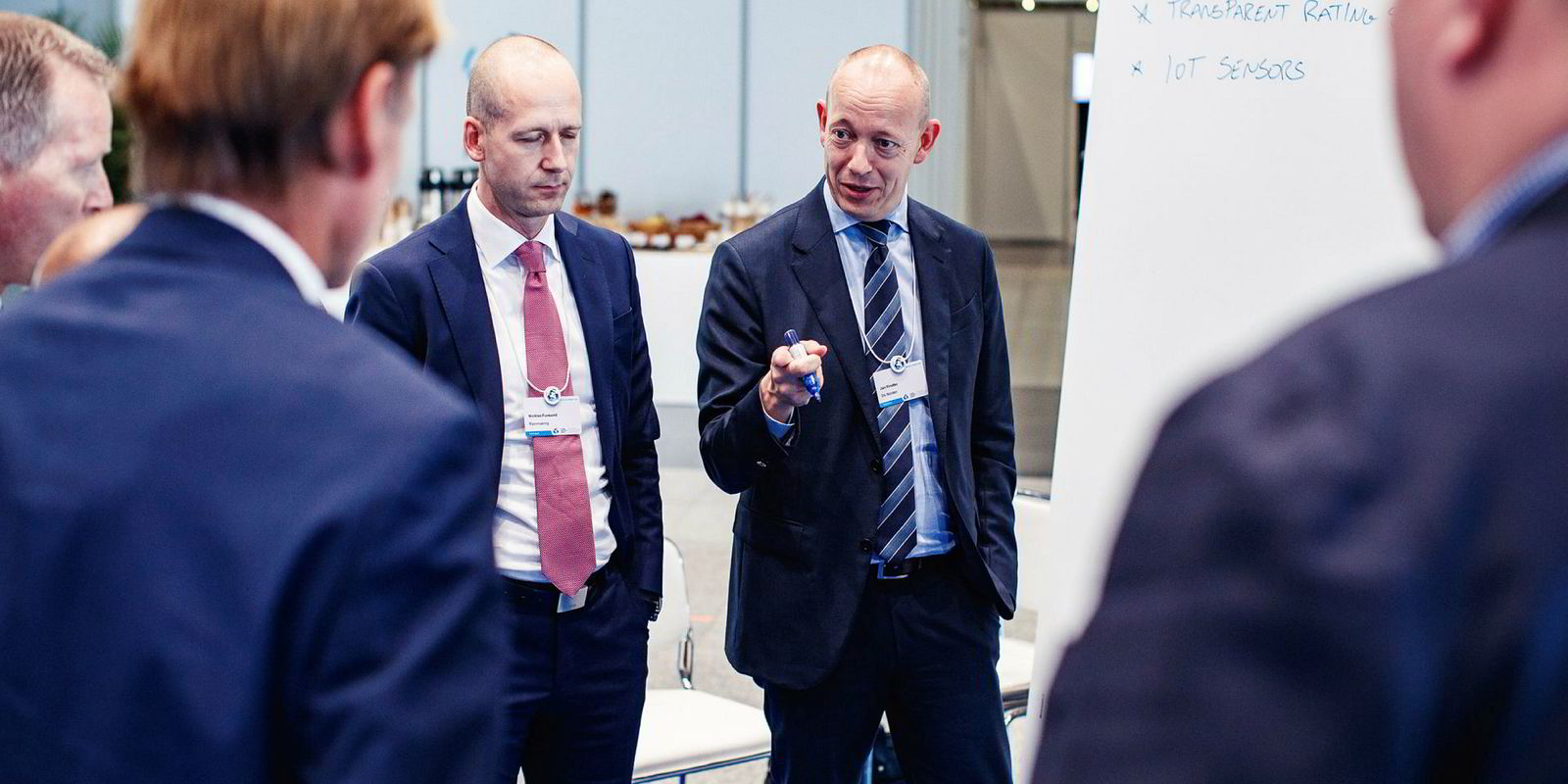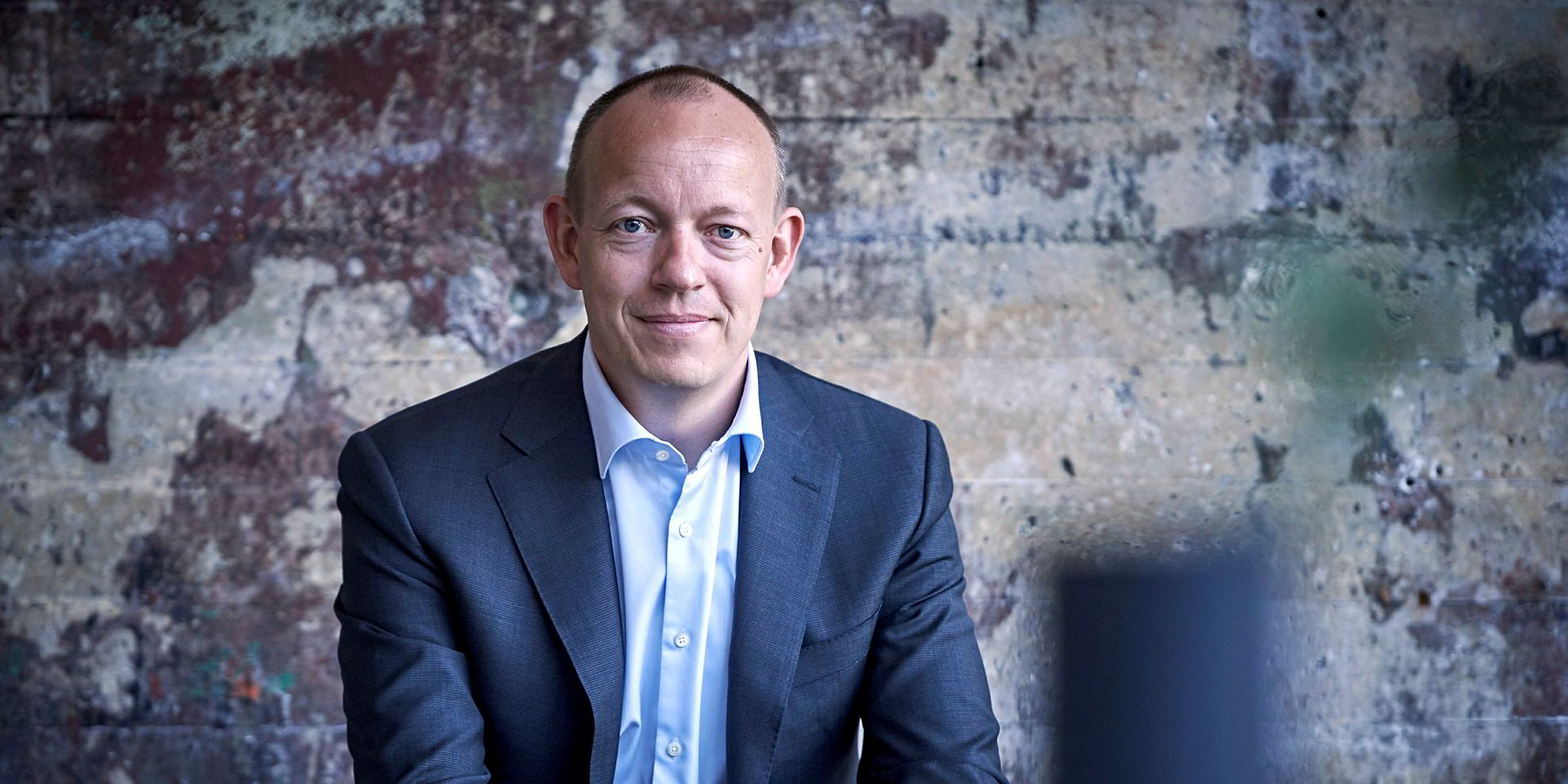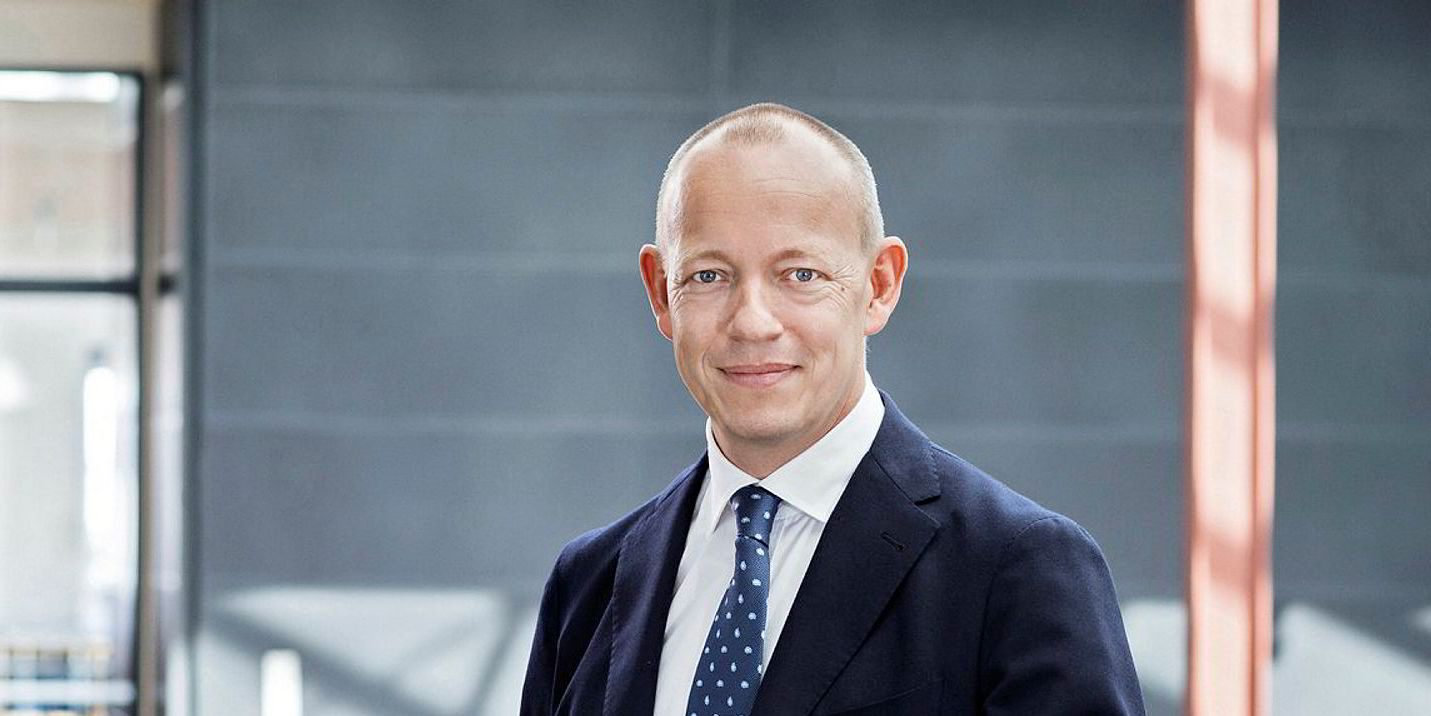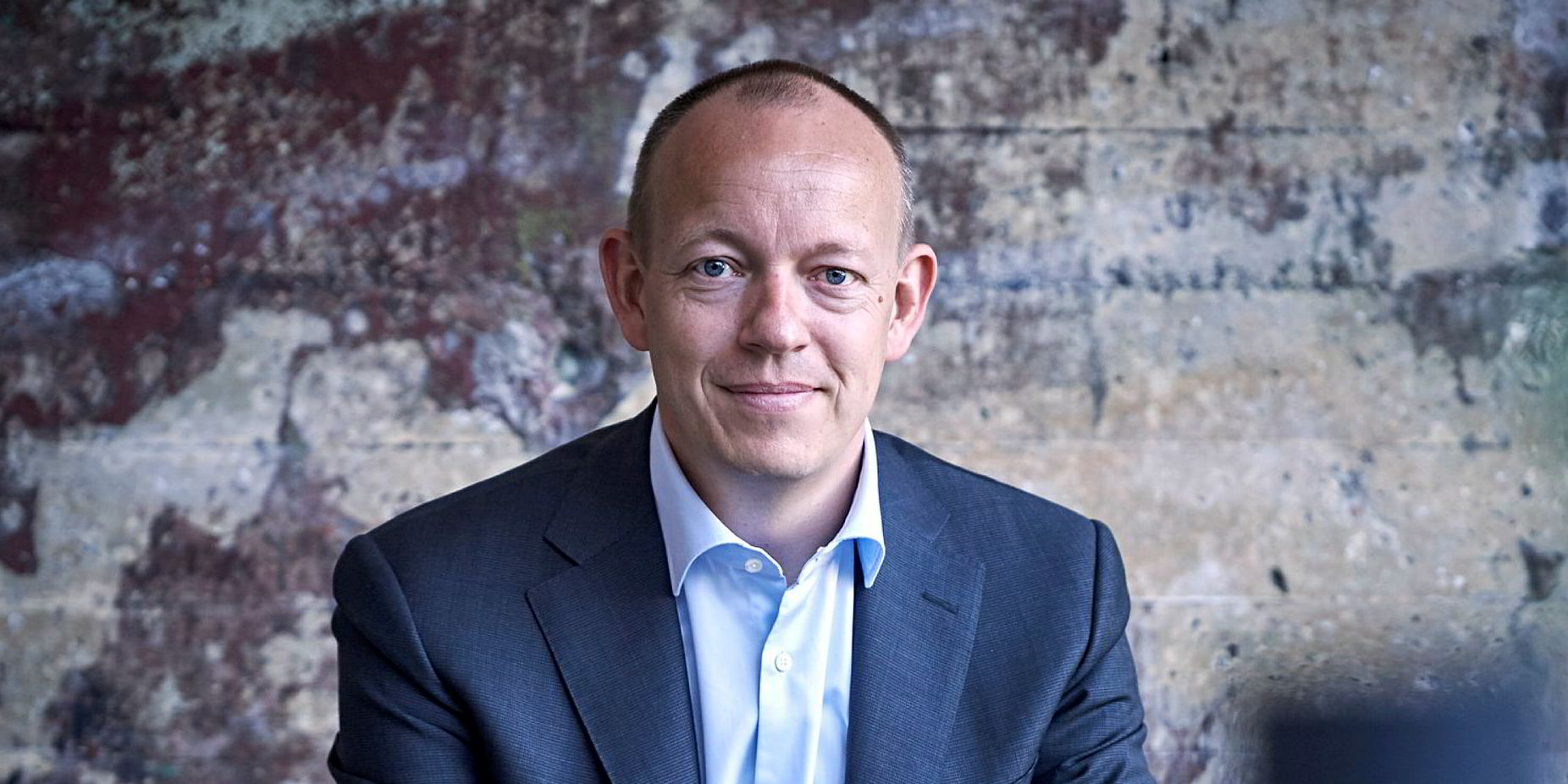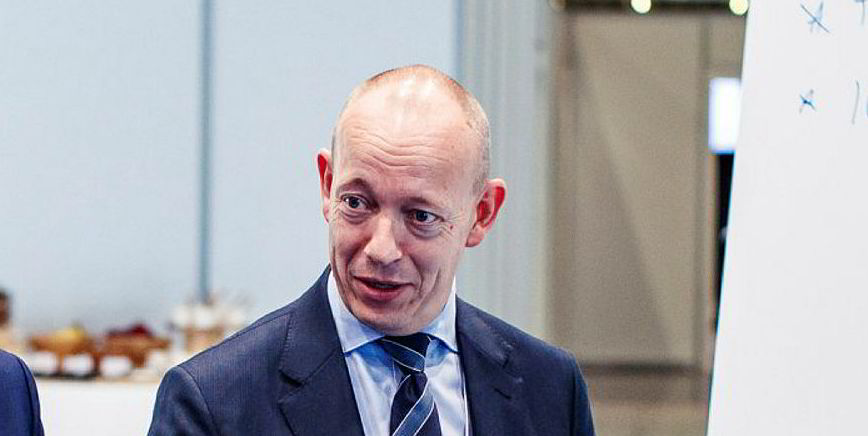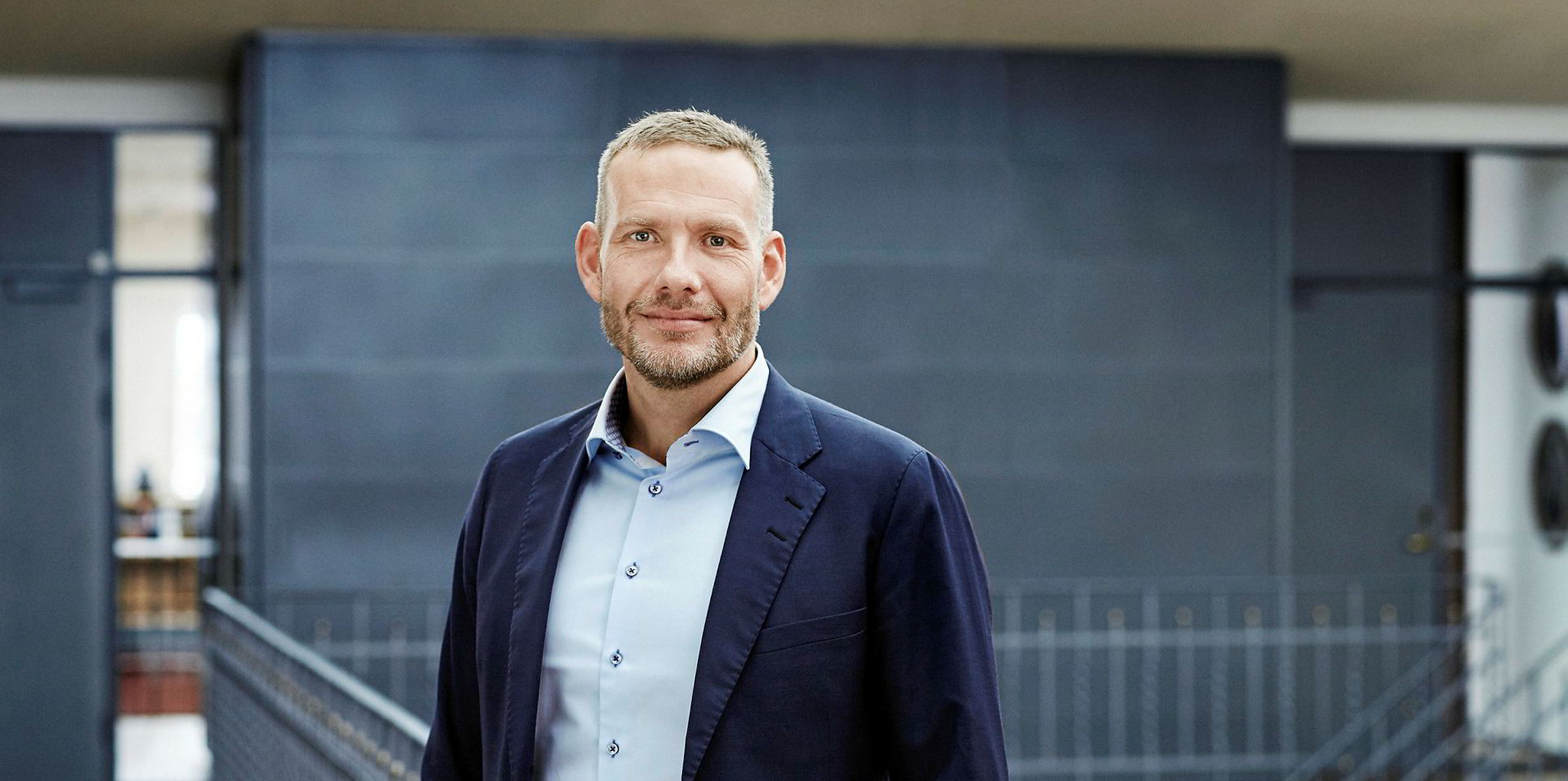Just two hours before TradeWinds met with Norden chief executive Jan Rindbo in Copenhagen, the company announced the sale of four dry cargo ships. The transaction took the outfit’s owned bulker fleet down to 16.5 vessels under its asset-light approach, which is now also spilling into its product tanker business.
Rindbo says the latest sales have helped take the business into a more “tradeable position”, where it can adjust to shifts in the market.
“The owned dry cargo fleet must be of a size where we can change our positions,” he says. “If you own too many vessels, you are stuck with your long-only position.
Agile ambitions
“We think it will be a challenge to make sufficient returns by just maintaining a long-only position. To generate better margins, we need to be much more agile and change our positions much more quickly, in line with the market.”
The sales of the 77,200-dwt Nordkap and Nordpol (both built 2002), as well as the 58,800-dwt Nord Express (built 2007) and the 36,600-dwt Nord Mumbai (built 2011), mean Norden has sold 12 bulkers since the start of 2017. It has not purchased new bulkers during that period but has made counter-cyclical additions in product tankers.
Rindbo says the sale of the latest quartet was not directly driven by the weaker dry cargo market this year.
“We have been gradually reducing the size of the owned fleet,” he says. “This is just another step in that direction.
“It’s not like we have changed our market view suddenly and now we are selling. We have for some time been more cautious about 2019. That is why we have increased our cover.”
Rindbo is now almost five years into the job at Norden. A strategy of focus and simplicity introduced by the chief executive has split the dry cargo business into two divisions.
The company’s dry shipowning business is now only active in the supramax and panamax space, while its dry operator section also includes handysize ships.
We do look at those two segments differently. But we are also growing asset-light in tankers
Jan Rindbo
In tankers, the prime areas are handysize and MR product tankers, although Norden also has a small position in LR1s.
Critical mass
“We see ourselves being more pure asset traders in dry cargo [ownership], whereas on tankers we do believe we have to have a minimum size to have critical mass, both commercially and technically,” he says.
“We do look at those two segments differently. But we are also growing asset-light in tankers.”
Those who know Rindbo well say focus and simplicity are a close fit with his straight-talking, no-nonsense character. However, the executive’s strategy at Norden was not plug and play.
“I think keeping things simple is important and keeping a strong focus and being determined on what we do is important,” he says. “I also think it’s about coming in and finding out what is the right solution for Norden.
"The business model we are applying here in Norden is not something I have done in previous jobs. It’s not like I’m bringing a formula and applying it here. This is more about really finding our edge. Where is it we can make a difference?”
Volatile markets
He believes the approach is well-suited to today’s world, where the markets are becoming increasingly unpredictable.
“There is ever more volatility, uncertainty and I feel owning a big fleet of vessels is not sufficient for a company like Norden,” Rindbo says.
“With all the knowledge and all the customer relations that we have, we can build something on top of that. In markets that are uncertain, we want to reduce this element of just owning a large vessel and be nimbler and make money both when markets are high and when they are low.
“People like to buy ships and be bigger. We look much more at our organisation, what are our skills? How can we make a difference?
"We are much more of a knowledge-based company rather than asset based.”
